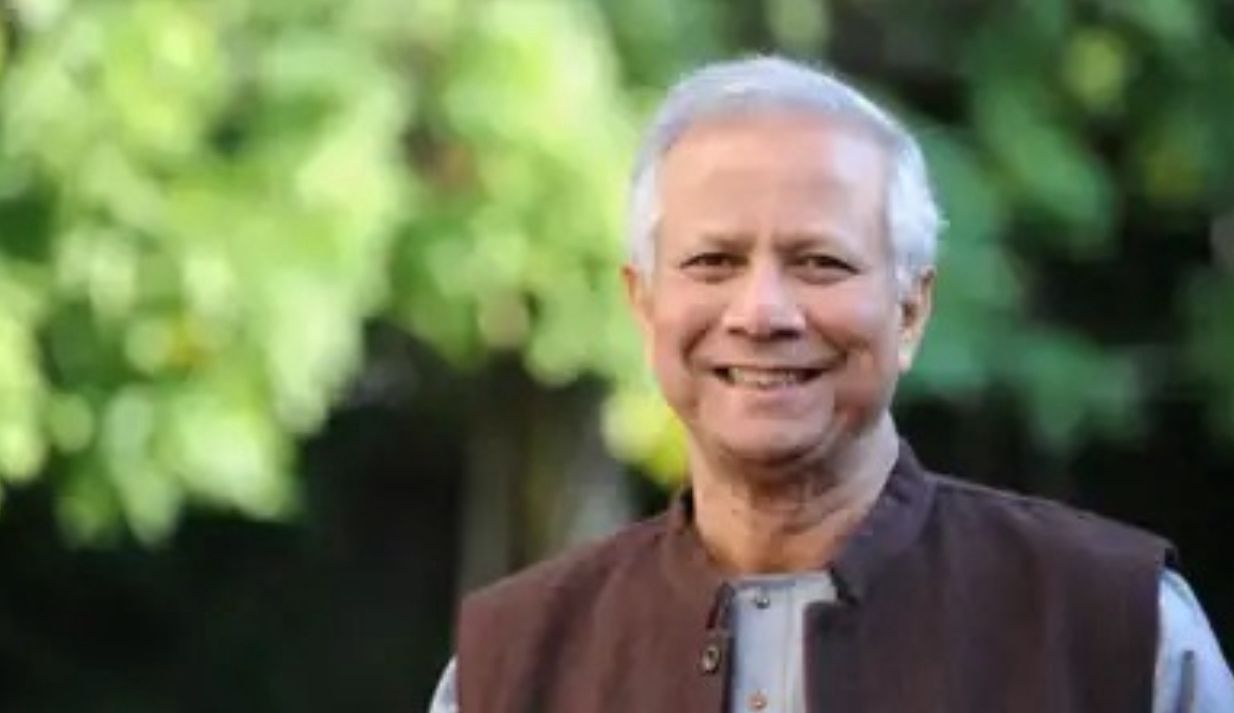
Bangladesh’s Constitutional Crisis Deepens Under Interim Rule » Capital News
DHAKA, August 31 – Bangladesh has been grappling with political turmoil since August 2024, when the constitutional government was overthrown and former Prime Minister Sheikh Hasina was forced into exile in Delhi. What followed, critics say, has been a systematic dismantling of the country’s democratic foundations, threatening to plunge the nation into what many describe as “medieval darkness.”
The interim administration, led by Nobel laureate Muhammad Yunus, has faced mounting accusations of undermining the nation’s historical legacy forged through the 1971 War of Liberation. Central to the unrest is the government’s stated intent to either radically reform or entirely discard the 1972 Constitution – a document drafted and adopted by the Constituent Assembly within a year of Bangladesh’s independence, enshrining principles of democracy, secularism, and socialism.
Controversy has been fuelled by comments from anti-Liberation elements claiming the Constitution was merely a copy of India’s. The Yunus administration’s decision to appoint a Bangladeshi-American academic from the United States to lead a proposed reform commission – bypassing respected constitutional experts in Bangladesh – has only added to public outrage. Dr Kamal Hossain, the country’s former law minister and chief architect of the 1972 Constitution, has openly criticised the move.
Analysts argue that any constitutional change must be deliberated upon by an elected parliament – which does not currently exist – making the interim government’s efforts legally questionable. “Tinkering with the Constitution in the absence of a legitimate parliament is nothing short of unconstitutional adventurism,” a Dhaka-based political analyst told reporters.
The 1972 Constitution, widely regarded as Bangladesh’s most authentic expression of nationhood, was founded on four core principles – nationalism, democracy, secularism, and socialism – born out of the brutal struggle against Pakistan’s military rule and communal politics. Attempts by past military rulers, including Generals Ziaur Rahman and Hussein Muhammad Ershad, to amend the charter have been blamed for introducing religion-based politics and destabilising Bangladesh’s democracy.
Today, critics fear a resurgence of communal politics, with Islamic parties such as Jamaat-e-Islami regaining influence under the current political vacuum. Civil society groups and secular voices are calling for a nationwide movement to safeguard the Constitution and restore the liberal, inclusive ideals on which Bangladesh was founded.
Amid this crisis, many believe that the Awami League – despite its weakened state following Hasina’s ouster – must reclaim its historic role in defending the principles of 1971. “Only enlightened leadership, rooted in the spirit of the Liberation War, can steer Bangladesh away from this dangerous path,” said a former freedom fighter, echoing growing public sentiment.